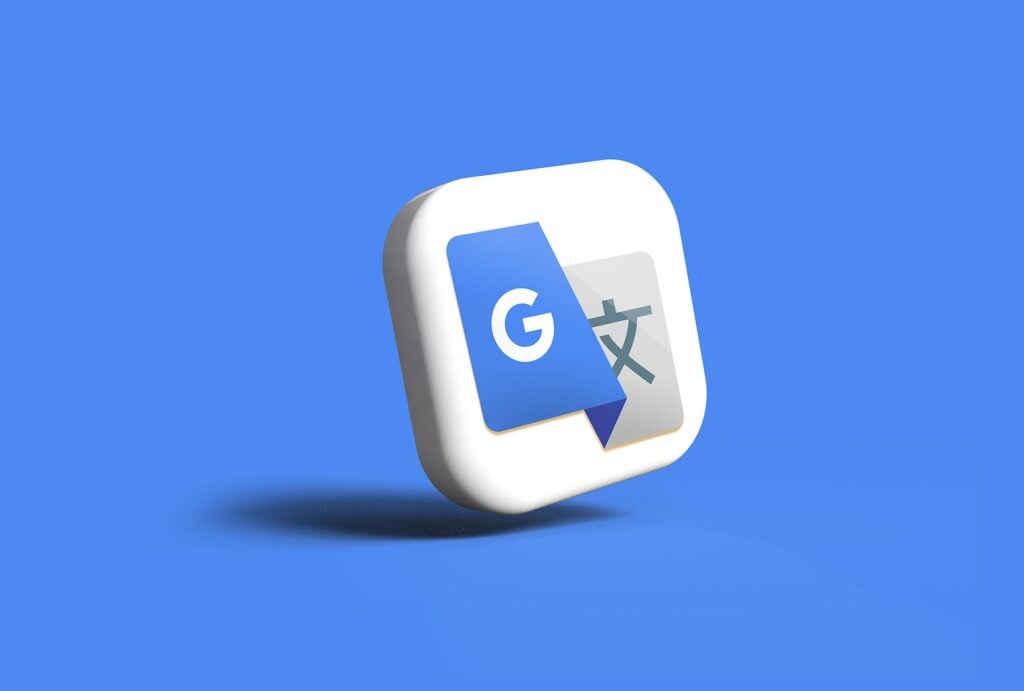![The ‘Giveaway Piggy Back Scam’ In Full Swing [2022]](https://www.cjco.com.au/wp-content/uploads/pexels-nataliya-vaitkevich-7172791-1-scaled-2-683x1024.jpg)

Google Ads to Retire Enhanced CPC, Favor Manual Bidding in Shopping Campaigns from October 2023

As Seen On
As we move toward the last quarter of 2023, there comes a significant shift in Google’s advertising landscape. From October, Google Ads will sunset Enhanced Cost-per-click (eCPC) for Shopping campaigns and transition to Manual CPC bidding. The potential impact and implications this change will have should be crucially noted by digital marketers, SEO experts, and online retailers heavily relying on Google Shopping campaigns.
Google’s Transition from eCPC to Manual CPC Bidding
Though seemingly insignificant to some, the change from eCPC to Manual CPC marks a pivotal move in Google’s advertising strategies. The Enhanced cost-per-click feature, introduced as a method to maximize advertisers’ return on investment by automatically adjusting their manual bids, will no longer be a valid option for marketers. Instead, Shopping campaigns will behave as though they are using Manual CPC, giving marketers more hands-on control over their bids and campaign budgets.
The Rationale Behind Google’s Decision
As we delve deeper into the rationale behind Google’s decision, it is clear that this maneuver aligns with the recent adoption of more advanced technological strategies across the digital marketing spectrum. Google believes that the bidding landscape has evolved, and manual control will offer better outcomes for marketers. This will pave the way to fully embracing the possibilities of more advanced machine learning technologies that can automatically adjust bids based on a multitude of factors, improving campaign performance over time.
The Impact and Recommendations
The new structure potentially means more control, but it also puts more onus on marketers to manage their bids and budgets wisely. For those currently using eCPC, Google suggests some alternative recommendations. Advertisers can trial the one-click Target ROAS (Return on Ad Spend) experiments for Shopping, available in the campaign settings. An equally worthy alternative could be to try out Google Ads’ entirely automated solution, the Performance Max campaigns.
Should marketers decide to stay put and not take any action towards this shift, their eCPC settings will transgress to Manual CPC without any enhanced adjustments from Google’s end. This lack of automated adjustments could potentially impact the chances of winning the auction and, subsequently, the overall performance of the campaigns.
To maintain stability and performance during this transition, it is fundamental for users to remain informed. Experts are advised to frequently engage with their account team or Google Ads team for regular updates and deeper insights on this transition.
Call to Action
It is our sincere advice to all digital marketers, SEO professionals, and online retailers leveraging Google Shopping campaigns, to take action soon. Stay updated and align your strategies to effectively adapt to this transition. Seize this opportunity to have manual control over your bids, and sharpen your strategies for improved outcomes. For more detailed information about these changes, we encourage you to visit the Google Ads Help Center or contact the Google Ads team.
In a rapidly changing digital marketing landscape, staying informed and adapting to changes are the primary keys to success. Adapting to these changes will allow you to maintain a robust and competitive presence in the Google Shopping campaigns arena.
Casey Jones
Up until working with Casey, we had only had poor to mediocre experiences outsourcing work to agencies. Casey & the team at CJ&CO are the exception to the rule.
Communication was beyond great, his understanding of our vision was phenomenal, and instead of needing babysitting like the other agencies we worked with, he was not only completely dependable but also gave us sound suggestions on how to get better results, at the risk of us not needing him for the initial job we requested (absolute gem).
This has truly been the first time we worked with someone outside of our business that quickly grasped our vision, and that I could completely forget about and would still deliver above expectations.
I honestly can't wait to work in many more projects together!
Disclaimer
*The information this blog provides is for general informational purposes only and is not intended as financial or professional advice. The information may not reflect current developments and may be changed or updated without notice. Any opinions expressed on this blog are the author’s own and do not necessarily reflect the views of the author’s employer or any other organization. You should not act or rely on any information contained in this blog without first seeking the advice of a professional. No representation or warranty, express or implied, is made as to the accuracy or completeness of the information contained in this blog. The author and affiliated parties assume no liability for any errors or omissions.

